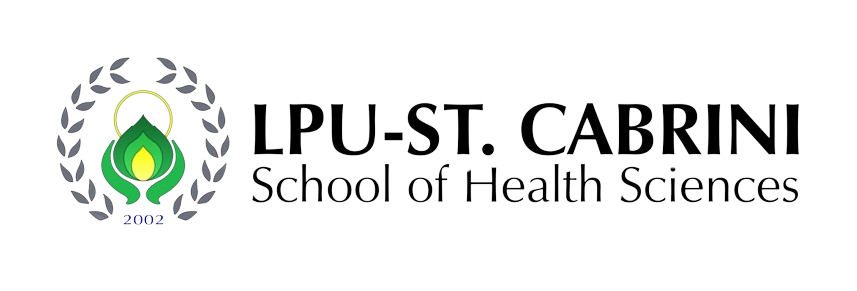Bachelor of Science in Pharmacy

Course Overview
The Bachelor of Science in Pharmacy program is a four-year outcome-based program that offers a good mix of general education courses, which have relevant applications in the profession of pharmacy, and professional courses that will prepare the graduates in acquiring competencies necessary in the workplace. Foundation courses in pharmaceutical chemistry, pharmaceutics and the life sciences will enhance the understanding of pharmaceutical product development and their application in pharmacy practice. It also includes an internship progam that involves assigning students to different CHED-accredited affiliation establishments covering a minimum of 1200 hours where students will have exposure to a variety of opportunities in practice areas that will prepare them for the different roles expected of them upon graduation.
Career Options
- Community Pharmacy
- Dispensing and Counselling
- Pharmacy Supervisor or Manager
- Hospital Pharmacy
- Dispensing Pharmacist
- Compunding Pharmacist
Program Educational Objectives
Three to five years after graduation, the BS Pharmacy graduates shall have:
- Assumed key responsibilities as managers in their field of specialization and established pharmacy enterprises, contributing to the growth of the pharmaceutical industry and healthcare sector while upholding professional integrity and ethical-moral values in pharmacy practice
- Pursued lifelong learning by actively engaged in professional development activities such as post-graduate studies and professional training, and advocated for the role of pharmacists by participating in community extension activities
- Engaged in conducting research relevant to pharmacy practice, including but not limited to drug discovery, pharmacokinetics, pharmaceutical sciences, and clinical pharmacy
Student Outcomes
A. Apply knowledge and skills of mathematics, health sciences, social sciences, psycho-social sciences, physical sciences, environmental and natural sciences to the practice of pharmacy
B. Adhere to legal requirements, policies, and standards and code of ethcis for the pharmacy profession.
C. Collaborate effectively with the patients and other members of the health core team
D. Communicate effectively, speaking, writing, and presenting using culturally appropriate language
E. Conduct research activities with an experienced researcher, following the guideline of scientific research and dissemination of findings for utilization.
F. Apply information technology and other advanced technologies to the practice of pharmacy
